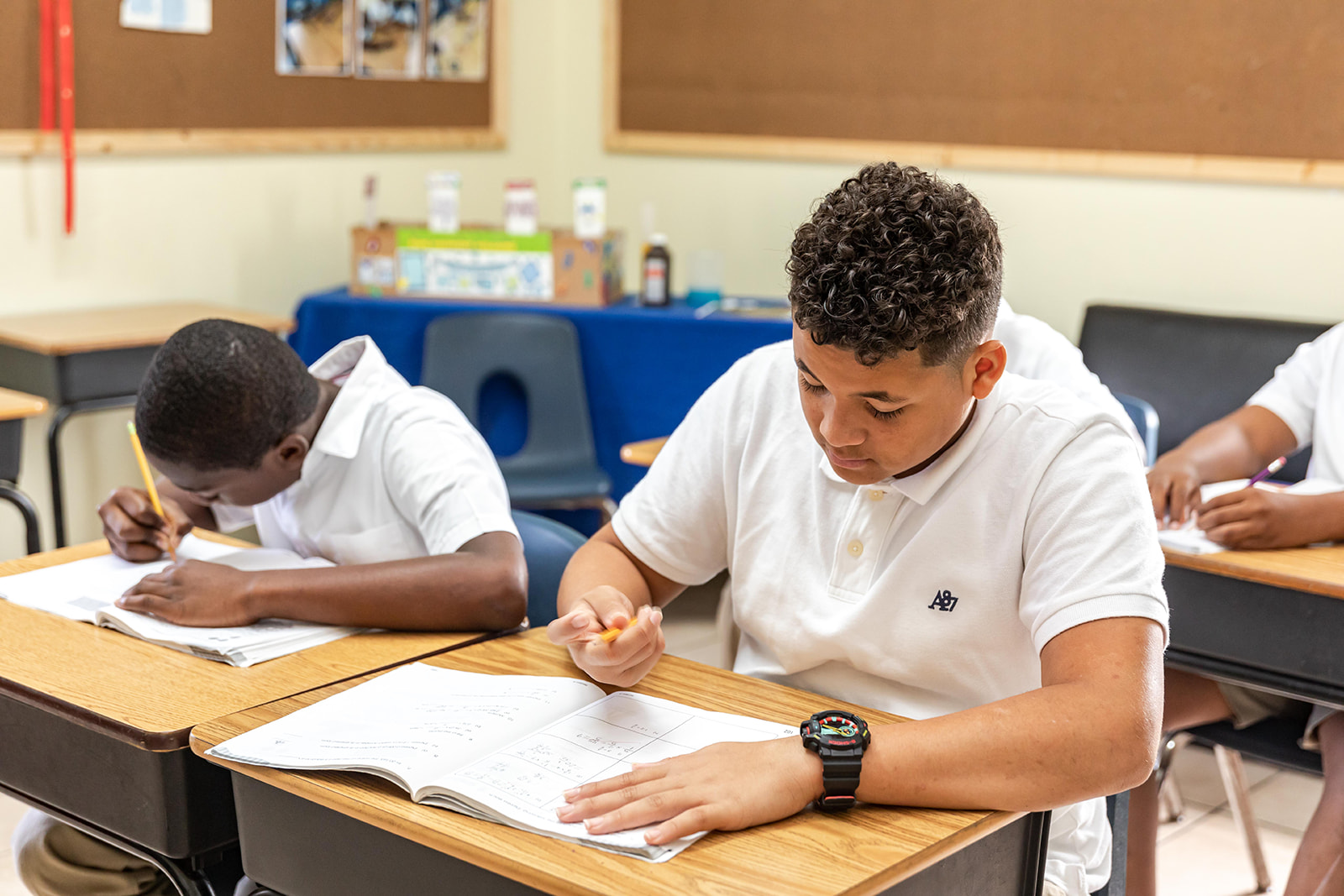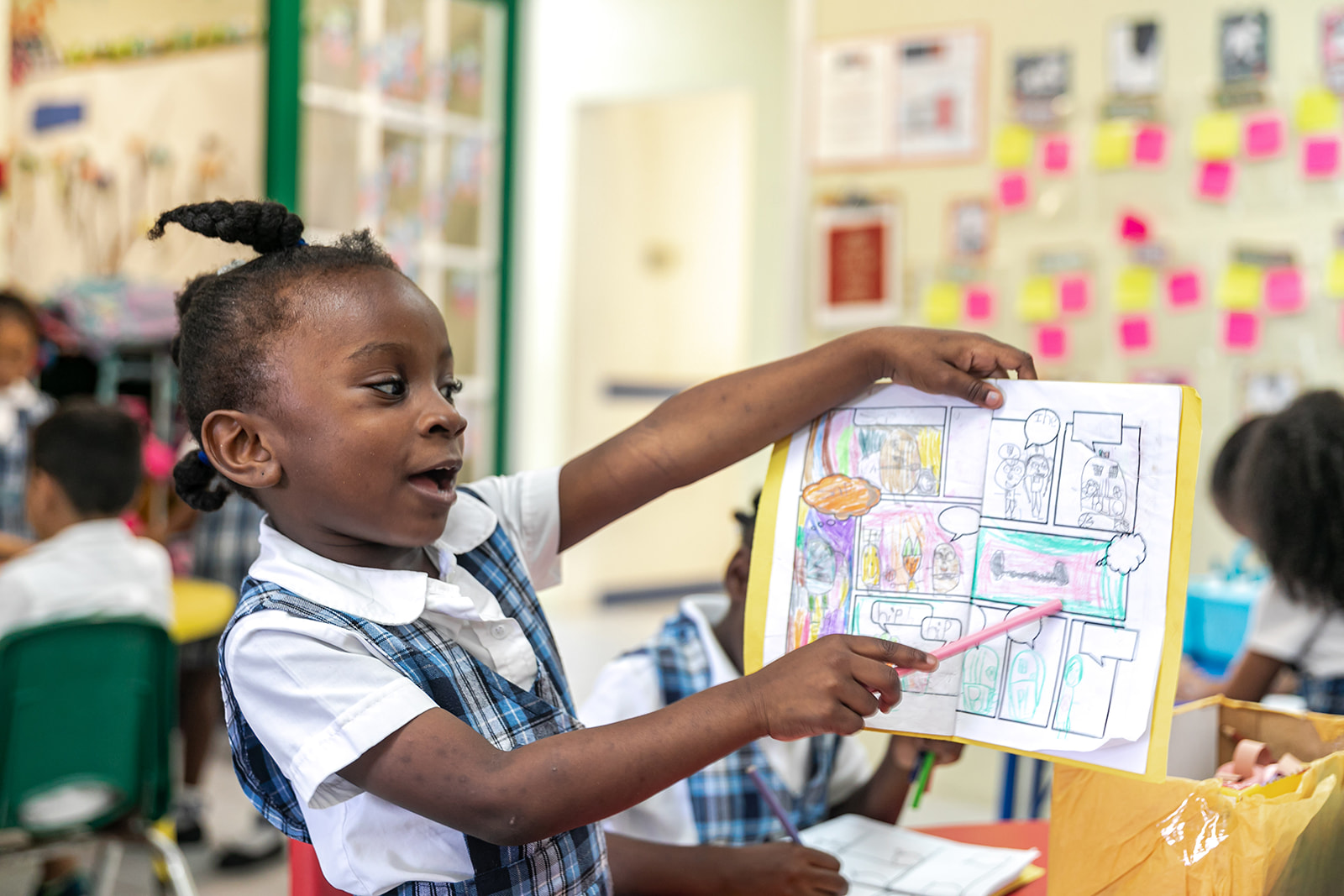Diagnostic Testing
Diagnostic tests are administered in an effort to derive a fulsome learning profile of each student. A Learning Profile refers to a student’s preferred method of learning new information or skills (for example., visually, hands-on, through deductive means) and to environmental factors that influence a student’s learning such as, small group setting, bright lights, or no distractions. In addition to these factors, a student’s profile may be influenced by career interests, personality type, gender and culture.
Learning profiles help us to know the various ways that each of our students makes sense of content. We know that the more we understand our students, the more efficiently we can ensure their learning successes. When we have in-depth understanding for how our students learn, there is a major impact on diagnosing student needs and planning effective supports. As a result, we incorporate a range of assessments in our learning profile. In fact, we have found that multiple intelligences and thinking styles inventories have been effective tools for gathering data about our students.
Selection Interview
An interview is conducted to finalize selection of the students. The students are usually interviewed by a panel whose goal is to ascertain whether or not PTIHS is the place for each student to achieve their full potential.
The panel reviews the student’s academic performance in primary (previous) school, their diagnostic scores in the academic areas assessed along with the diagnostic profile. During the discussion with each potential student, the panel aims to ensure that our students are able to share their expectations and to agree on learning outcomes during their tenure at PTIHS.
Assessments
The Precious Treasures International School utilizes assessment practices that are designed to improve learning. All three types of assessment: diagnostic assessments, formative assessments and summative assessments form an integral part of our programme. Additionally, students are engaged in self and peer assessment to identify their strengths and weaknesses. As an important self-assessment method, students are encouraged to reflect on thier learning through journal entries. Subsequently, students are provided with learning advice to improve their learning from “beginning” to “developing” and from “developing” to “mastering”.
Diagnostic Assessment
Students are usually given a diagnostic assessment upon enrollment in our institution (where necessary). This information indicates the learner’s experience and their level of achievement. It assesses what the learner already knows and/or the nature of difficulties that the learner might have, which, if undiagnosed, might limit their engagement in new learning. Therefore, this information is used by the teacher before teaching or when a problem arises to inform next steps and solutions to fill any gap that is identified.
Formative Assessment
Formative assessment is an integral part of teaching and learning and Precious Treasures International School. It contributes to learning through providing feedback for teachers and learners. Students are assessed on a continuous basis at Precious Treasures International School to inform further teaching and learning. During the learning process, students are given the opportunity to self and peer assess. They assess their skills to determine whether they are “beginning” , developing” or “mastering.” Learning advice is provided for next steps.
Summative Assessment
Summative assessment of knowledge is usually done at the end of each term. This summative assessment demonstrates the extent of the learner’s success in meeting the assessment criteria.
Reporting
We believe in partnership in education and as such parents are given adequate information about their child’s learning journey. Parents are informed in a Parent and Teacher Consultation session. The table below shows Precious Treasures International School teaching, learning and assessment procedure which is adopted from the Fieldwork Education model:
|
Type of Learning |
Learning |
Teaching |
Assessing |
|
Knowledge |
Remembering |
Exposing |
Questioning |
|
Skills |
Practising |
Supporting |
Observing |
|
Understanding |
Reflecting |
Facilitating |
Evaluating |
High School Exit Examination
Pearson Edexcel International GCSE (9–1) qualifications are comparable to the UK GCSE, with appropriate international content and assessment that will enable successful progression for learners.
Pearson Edexcel International GCSEs are studied in over 80 countries worldwide and in independent schools in the UK. Available in 37 subjects, they are equivalent, grade for grade, to UK GCSEs and accepted by universities globally. Aimed at learners aged 14 to 16, they provide the skills and knowledge needed to progress to A Levels, International A Levels, onto university and into employment. Find out more about university progression with International GCSEs.





